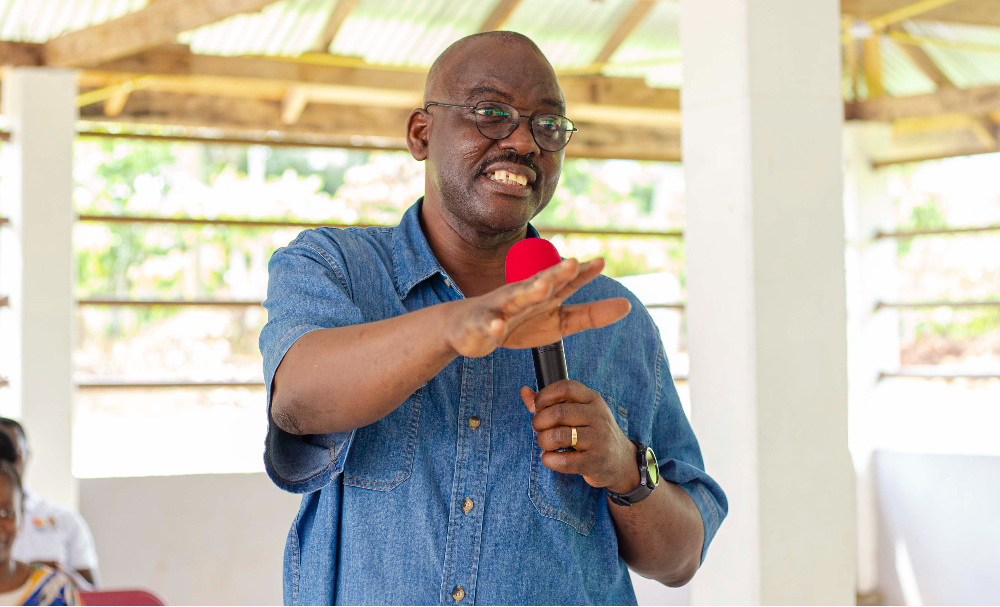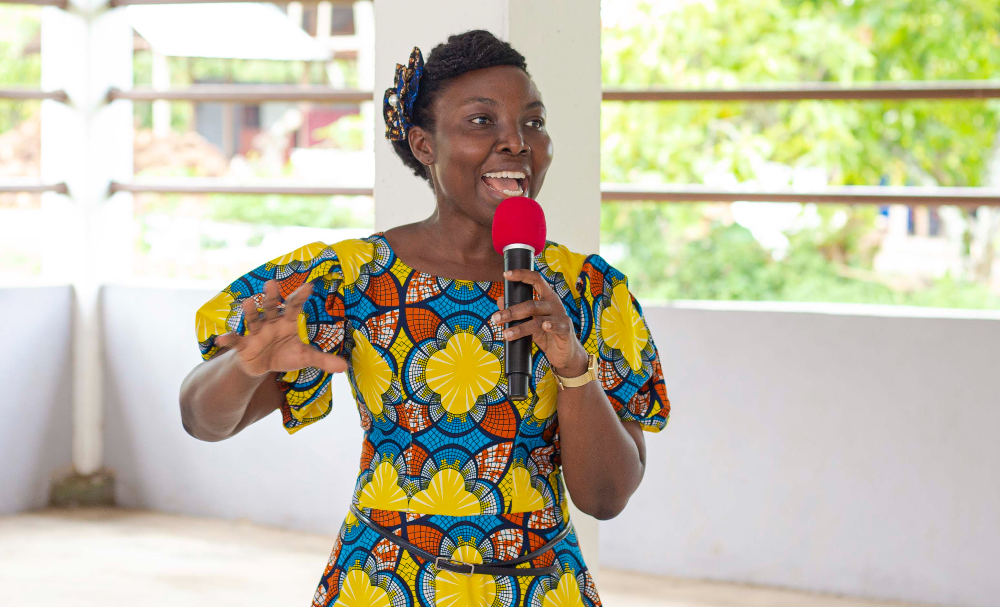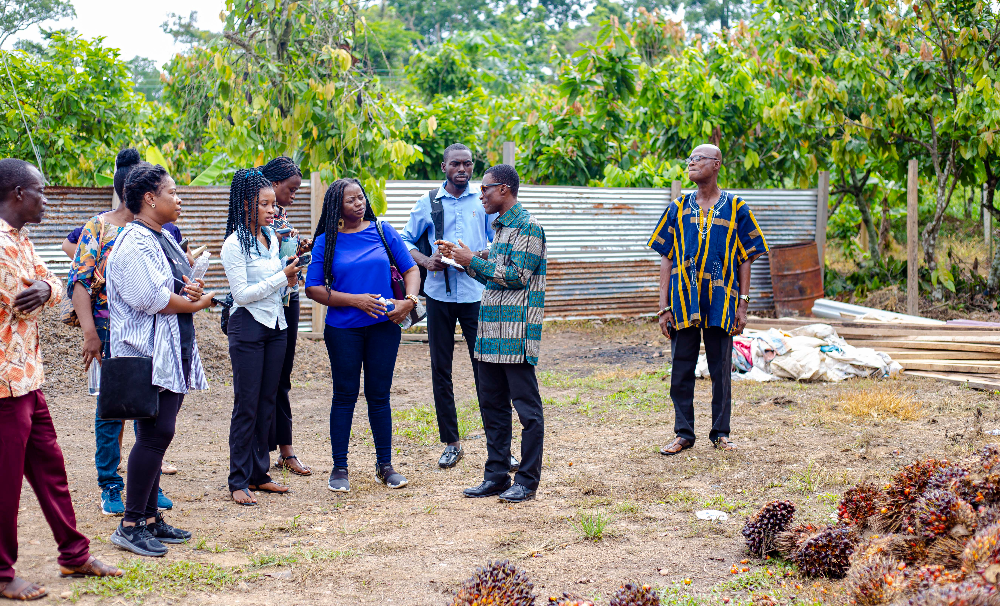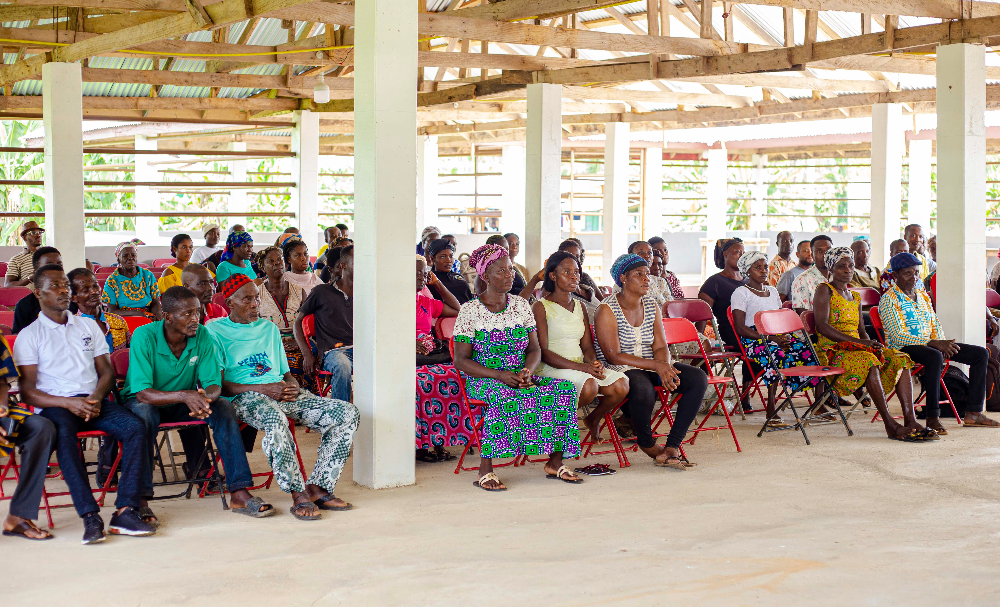The Kwame Nkrumah University of Science and Technology, Kumasi, through its Nutrition and Sustainable Agri-Food Collaborative (Nkabom) project in partnership with the Mastercard Foundation, has taken a proactive step in promoting youth participation and stakeholder collaboration in the agrifood sector.
A recent engagement session held at Adansi Atwereboana brought together local youth, community leaders, and agribusiness stakeholders to explore the challenges and opportunities in making the agrifood sector more attractive for young people. The goal is to create dignified and fulfilling employment through agriculture and food systems innovation.


Led by Professor William Otoo Ellis, Principal Investigator of the Nkabom project, and Dr. Abena Boakye, lead for the project’s Education Pillar, the KNUST team introduced the initiative to the community. They emphasized its potential to address youth unemployment and underemployment through skills development, entrepreneurship, and equitable employment opportunities.

During the visit, the team interacted with Pastor Maxwell Kusi, a local agribusiness operator with Pentrich Company Limited, which specializes in virgin coconut and palm nut oil production. Residents participated in breakout sessions to discuss agrifood practices and potential interventions to improve livelihoods.
The Chief of Adansi Atwereboana, Nana Kwabena Adua, expressed appreciation for the initiative and commended the team for involving the community. He pledged his support and urged that the knowledge and insights shared be passed on to the youth.
“We’ve heard many things today that we can share with our young people to help improve agricultural practices in Ghana,” he remarked.
The Nkabom project is part of a larger collaboration involving academic institutions including KNUST, Ashesi University, the University of Ghana, and McGill University. The project focuses on inclusive training programs that prioritize equity for women, differently-abled individuals, and displaced youth.
With a strong foundation of partnerships, the initiative includes seven academic institutions and numerous stakeholders from government, industry, and civil society such as the Association of Ghanaian Industries (AGI). This broad collaboration supports the Mastercard Foundation’s Young Africa Works strategy, which aims to create 30 million employment opportunities for African youth by 2030.

















